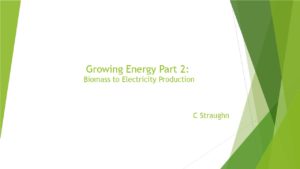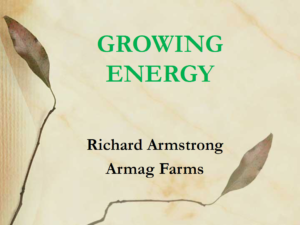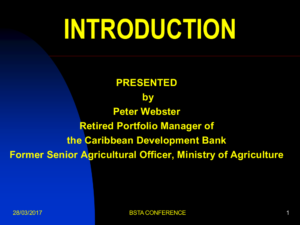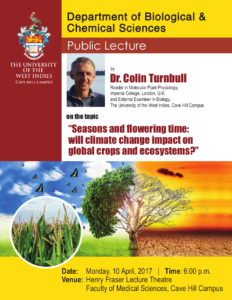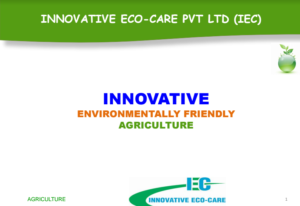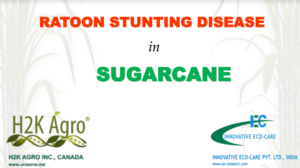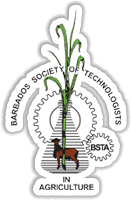
Global warming is a real phenomenon. We’re already experiencing its effects in terms of climate extremes resulting in drought , flooding and severe hurricanes. A warmer world will also affect food production, in terms of quality and quantity, in several ways:
- reduced seed germination under high soil temperatures, resulting in sparse crops stands
- negative effect on photosynthesis, ultimately leading to reduced growth and lower crop yields
- reduced pollen viability which then becomes a major limiting factor for fruit set
- delayed floral formation resulting in smaller fruits
- increased damage to crops from bacteria, fungi, and insect pests
- Increased weed competition for moisture, nutrients, and light since weeds are better adapted to drought conditions than crops. In addition, herbicidal controls are less effective under hot and dry conditions.
